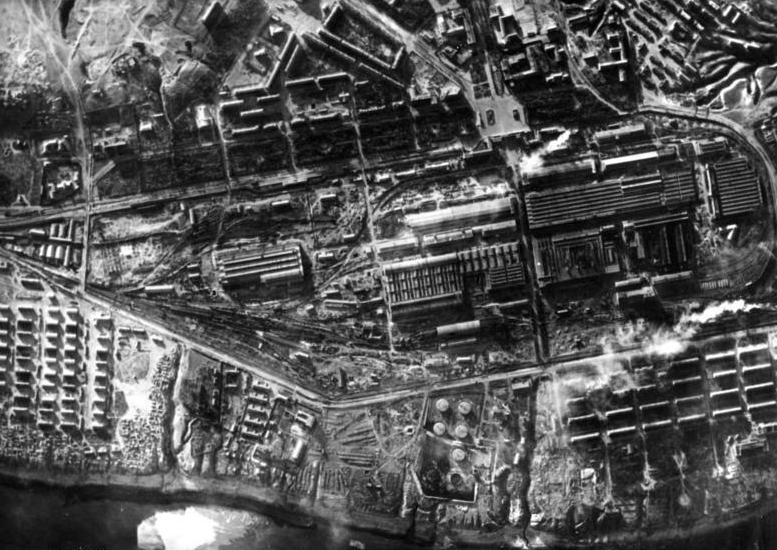Why was Stalingrad strategically important for the Germans?
Why was Stalingrad strategically important for the Germans? Stalingrad was strategically important for the Germans during World War II for several key reasons:
Control of the Volga River:
Stalingrad was located on the western bank of the Volga River, a crucial transportation route for the Soviet Union. By capturing the city, the Germans aimed to cut off Soviet access to vital supplies, including oil, grain, and raw materials transported from the Caucasus and southern regions of the Soviet Union.
Oil Fields in the Caucasus:
The German offensive in 1942, known as Operation Case Blue, sought to seize the oil fields in the Caucasus, which were critical for fueling the German war machine. Stalingrad’s capture was intended to secure the northern flank of this offensive, preventing Soviet forces from launching counterattacks and threatening German supply lines.
Symbolic and Psychological Value:
Stalingrad bore the name of Soviet leader Joseph Stalin, making it a symbolic target for both Adolf Hitler and Stalin. Capturing the city would have dealt a psychological blow to Soviet morale and served as a propaganda victory for the Germans.
Industrial and Military Significance:
Stalingrad was a major industrial city, home to factories producing military equipment, including tanks. By taking the city, the Germans aimed to weaken the Soviet war effort by disrupting production and depriving the Red Army of vital resources.
Disruption of Soviet Defenses:
The fall of Stalingrad would have compromised Soviet defensive lines and opened the door for further German advances into the Soviet heartland. It would have provided the Germans with a strategic base to continue their eastern campaign, potentially leading to the collapse of the Soviet Union.
Despite its strategic importance, the German failure to capture Stalingrad marked a turning point in the war, leading to the eventual retreat of German forces from the Soviet Union.


